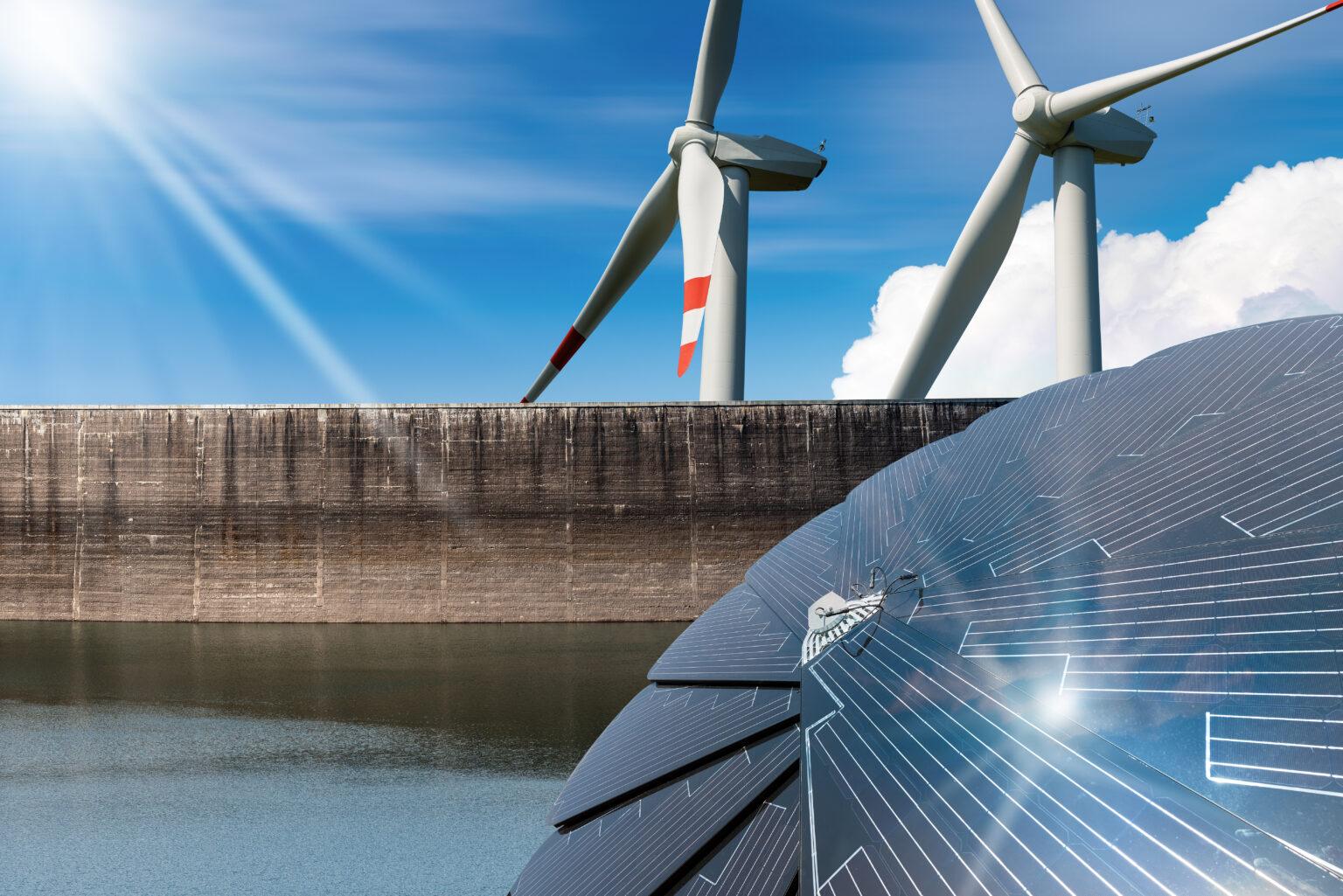Africa-Press – Eswatini. The International Renewable Energy Agency (IRENA) – an intergovernmental organization dedicated to promoting the adoption of renewable energy – and the African Development Bank (AfDB) – a multilateral development finance institution and financial provider to African governments – have revealed the results of a report that demonstrates that an integrated policy framework built around the energy transition has the potential to bring a new wave of investments to Africa, facilitating an economic growth projection of 6.4% by 2050.
The report, titled ‘Renewable Energy Market Analysis: Africa and its Regions’, highlights that the energy transition in Africa has the potential to generate 26 million jobs by 2050, far outstripping the projected loss of jobs owing to the ailing fossil fuel industry – which currently employs approximately 2 million people in Africa. Moreover, the report shows that Africa is already experiencing capital gains from renewable investments, with the transition significantly improving both energy access and socio-economic development.
“Africa’s governments and people are too often asked to rely on unsustainable fossil fuels to power their development when renewable energy and energy efficiency solutions offer economically attractive and socially beneficial alternatives,” stated Francesco La Camera, Director General for IRENA, adding, “The transition offers a unique opportunity for Africa to meet its development imperatives. Through tailored policy packages, African countries can harness their strengths and resources to overcome long-established structural dependencies.”
Accounting for approximately 70% of Africa’s total electricity generation, fossil fuels have dominated the continent’s energy sector for decades, owing to established processes and fossil fuel development-related infrastructure. Thus, as energy transition finance becomes more readily available, the continent is poised to benefit from its abundant natural resources, with coordinated efforts being made to prioritize renewable energy development while phasing out harmful fossil fuels, such as coal.
“Africa is endowed with abundant renewable energy sources, upon which it can sustainably base its ambitious socio-economic development. However, this requires strong political commitment, a just and equitable energy transition framework, and massive investments. The African Development Bank is committed to supporting the continent’s energy transition, by facilitating increased private sector investments through its expanding range of green finance investments, including the Sustainable Energy Fund for Africa,” outlined Dr. Kevin Kariuki, Vice President for Power, Energy, Climate & Green Growth for the African Development Bank.
Despite the continent’s overwhelming potential for renewable energy generation, only 2% of the $2.8 trillion of global green energy investment went into Africa between 2000 and 2020.
“Enabling African countries, which (have) contributed little to historic greenhouse gas emissions, to develop, while recognizing the need to address the climate emergency is imperative,” La Camera remarked, adding that, “International Cooperation, including South-South cooperation, will be key to mobilizing resources and know-how at the scale and speed proportionate to the needs to Africa’s economic, its communities, and its people.”
For More News And Analysis About Eswatini Follow Africa-Press







